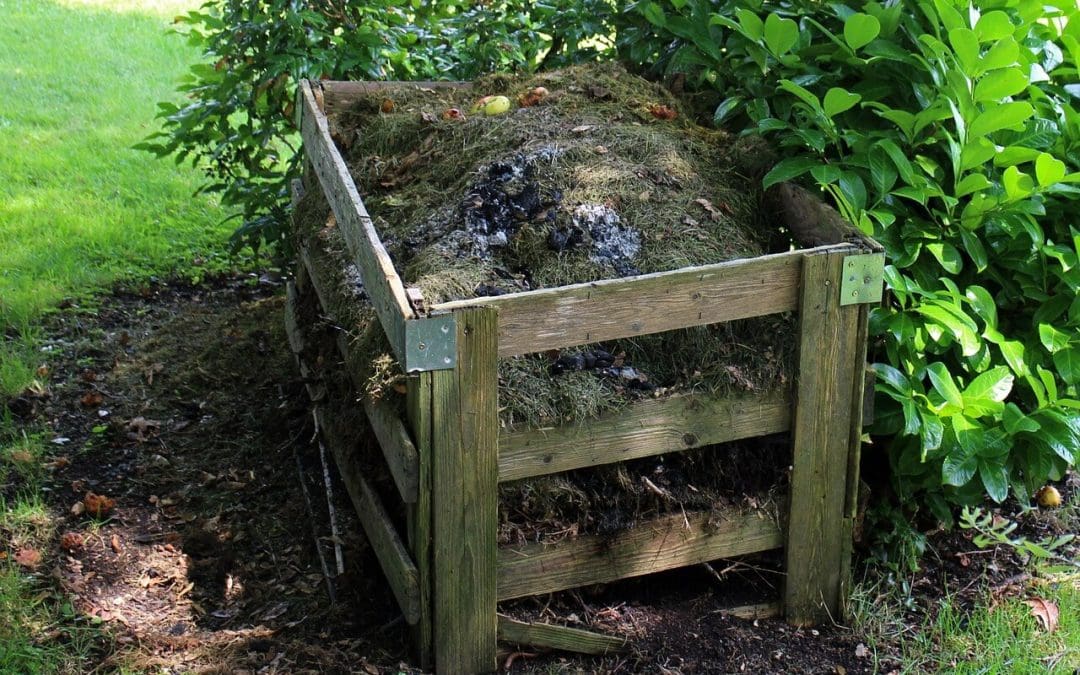Composting at home is one of the easiest and most rewarding ways to reduce waste while improving your garden. Instead of tossing kitchen scraps and yard waste in the trash, you can turn them into nutrient-rich soil that helps plants thrive. It’s simple, requires minimal effort, and saves money on fertilizers and soil amendments. Whether you have a big backyard or a small apartment, composting at home is something anyone can do with the right approach.
What Is Composting?
Composting is the natural process of breaking down organic materials like food scraps, leaves, and grass clippings into a dark, crumbly substance called compost. Microorganisms, worms, and insects do most of the work, breaking down waste into a rich, soil-like material. This compost can be used to nourish plants, improve soil structure, and retain moisture in gardens and potted plants.
Getting Started with Composting at Home
Starting a compost pile or bin at home is easier than you might think. First, you’ll need a designated composting area. If you have a yard, a simple pile in a corner will work, but a compost bin helps keep things neat and contained. For those in apartments, a countertop compost container or a small indoor bin with proper ventilation can do the trick.
The key to successful composting is balancing two types of materials: greens and browns. Greens include fruit and vegetable scraps, coffee grounds, and grass clippings, which provide nitrogen. Browns, like dry leaves, cardboard, and shredded newspaper, provide carbon. A good mix of both keeps the compost from smelling bad and helps it break down efficiently. A general rule of thumb is to aim for about two parts browns to one part greens.
What to Compost (And What to Avoid)
Most plant-based kitchen scraps and yard waste are great for composting. Fruit and vegetable peels, coffee grounds, eggshells, and tea bags break down well. Yard waste, like grass clippings, leaves, and small twigs, also work.
However, not everything belongs in a compost pile. Avoid meat, dairy, and oily foods, which can attract pests and create unpleasant odors. Pet waste and diseased plants should also stay out, as they can introduce harmful bacteria. Stick to plant-based scraps and organic materials to keep your compost healthy and effective.
Maintaining Your Compost Pile
Once you’ve started your compost pile or bin, maintaining it is simple. Turning or stirring the compost every few weeks helps speed up decomposition and prevents it from becoming too compact. Keeping the compost moist—but not soaking wet—encourages the breakdown process. If your compost smells bad, adding more browns like dry leaves or cardboard can help balance moisture and odor.
Over time, you’ll notice the materials breaking down into dark, earthy-smelling compost. Depending on the method and conditions, compost can be ready in as little as a few months to a year. Once finished, it can be added to garden beds, used as mulch, or mixed into potting soil for houseplants.
The Benefits of Composting at Home
Composting reduces landfill waste, lowers greenhouse gas emissions, and decreases reliance on chemical fertilizers. Healthier soil means healthier plants, and compost helps retain moisture, reducing the need for constant watering.
By composting at home, you’re taking a simple yet impactful step toward sustainability. It’s an easy habit to develop, and once you start seeing the benefits in your garden, you’ll wonder why you didn’t start sooner. So, try it—you’ll be turning kitchen scraps into garden gold in no time.
Appalachian Inspection Services provides home inspection services to Western North Carolina. Contact us to schedule an appointment.

